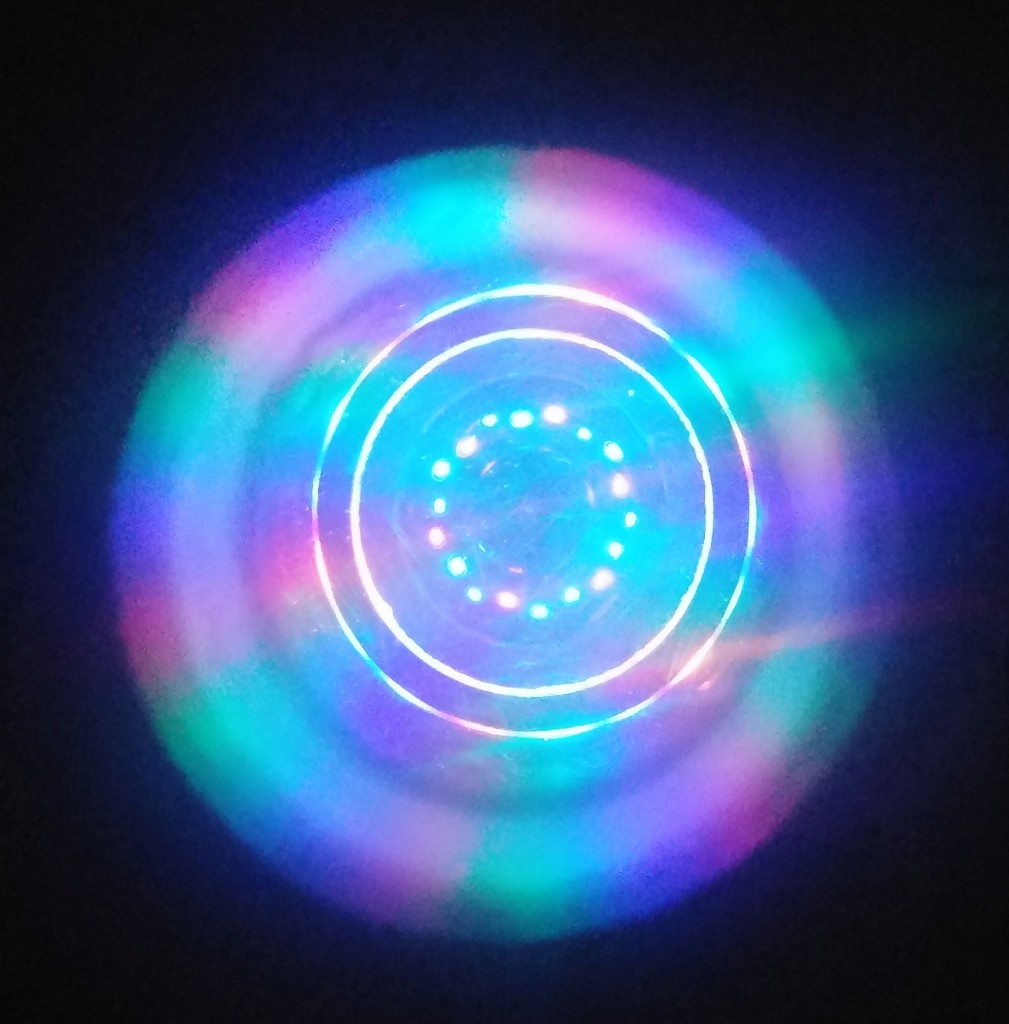Phytoplankton are microscopic plants that form the base of the marine food web. It is estimated that they are responsible for ~50% of global photosynthesis and are therefore of fundamental importance for the global carbon cycle and associated impacts on global climate. Algal photosynthesis is strongly affected by the physiological state of the cells.
We are using Fast Repetition Rate Fluorometry to study changes in physiological status of natural algal populations in coastal and shelf seas. The first stage of this study is to understand the performance of our sensor (CTG Fast Ocean plus Act) in optically complex coastal waters where high levels of CDOM and / or sediment could potentially impact on fluorescence signals. Subsequent work will focus on spatial mapping and observing rates of change in physiological signatures in response to changing light and nutrient regimes. The ultimate goal is to produce information on local rates of gross primary production, merging physiological models with radiative transfer simulations of underwater light fields varying over diurnal cycles.
